So, you get 8 input channels with great preamps, 2 headphone jacks which (if need be) allow you to route a separate mix to each via your DAW, easy real-time monitoring, MIDI IN/OUT, not to mention a variety of other useful buttons, knobs, and ports... all of that for the cost of many lesser audio interfaces? Sign me up!
The sound quality is great. Out of the box, I was having some strange issues witch digital clicking and popping, but they were gone after updating the drivers, so make sure you do that before you panic.
When it comes to output latency, 256-384 buffer size seems like the sweet spot if you are also running some software instruments and effects. Quite standard. A live instruments- and analogue-only setup could probably be pushed even further, but I have not fully tested that.
The only questionable "quirk" of my unit is input 7 making a humming noise even with its gain knob turned all the way down, but the moment I plug anything into it, the noise disappears, so I just make sure to keep it in use.
To sum up, this does not look or feel like a 200-dollar interface – it is solid and packed with features. If you are on a budget, I would definitely recommend this one.



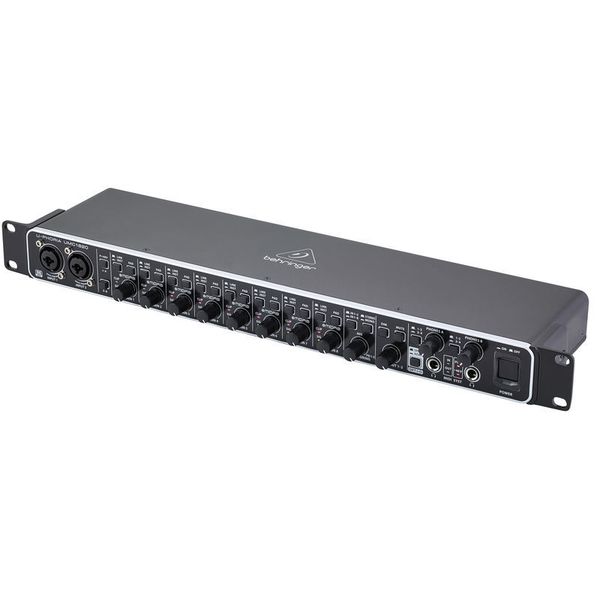
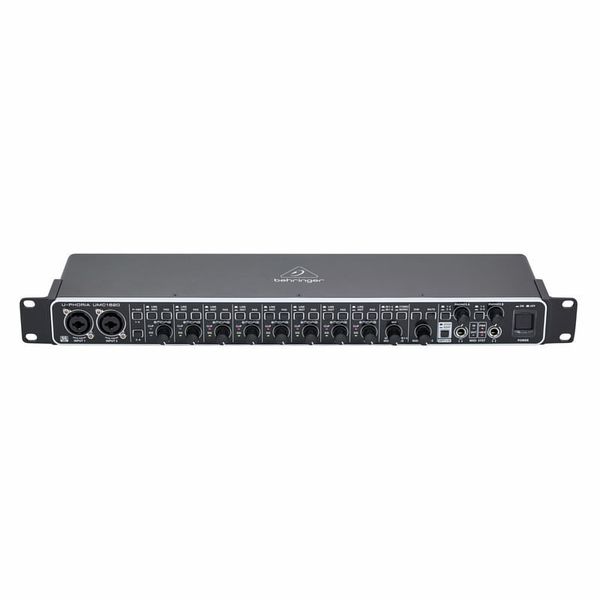
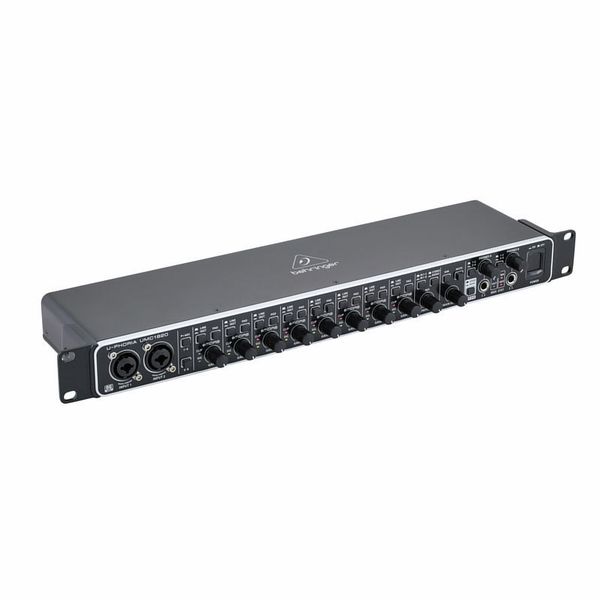
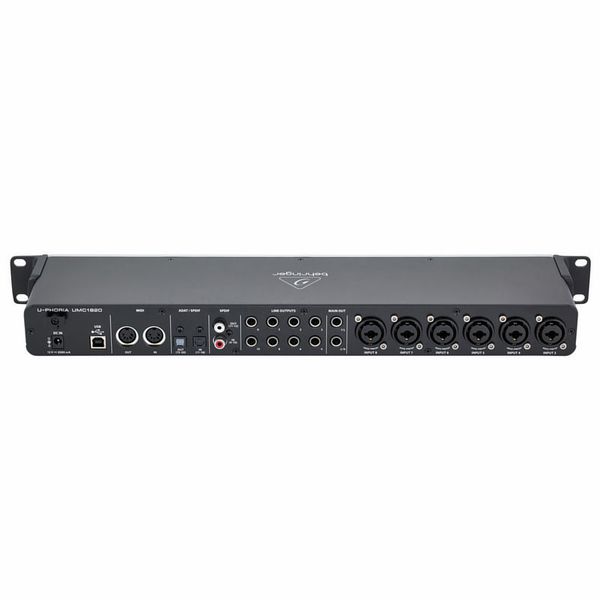
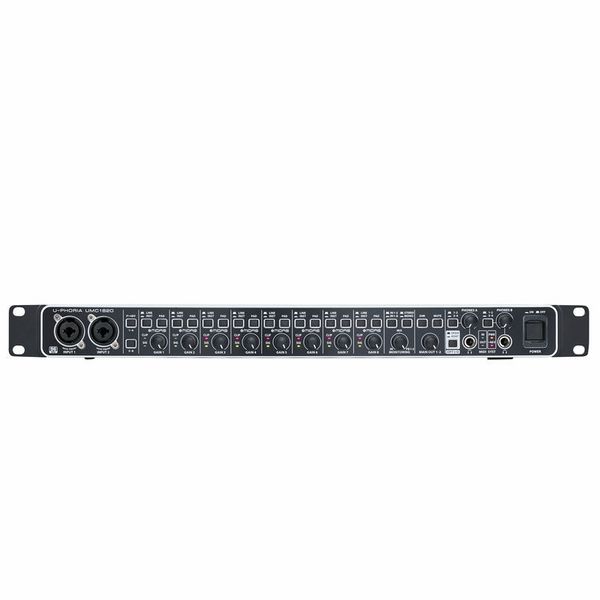
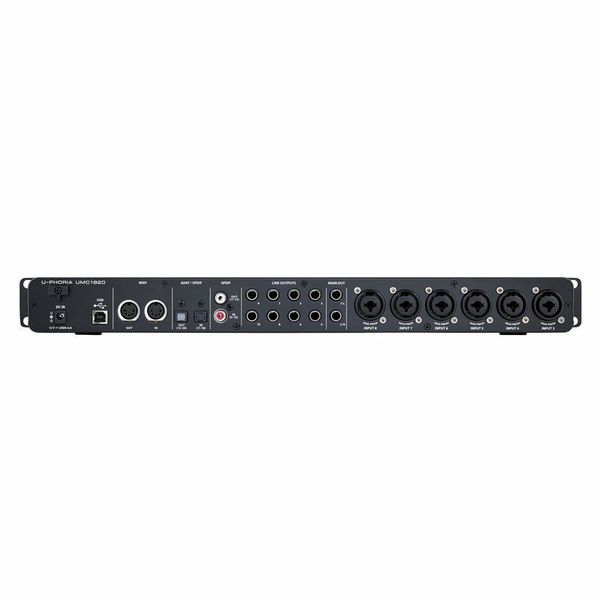
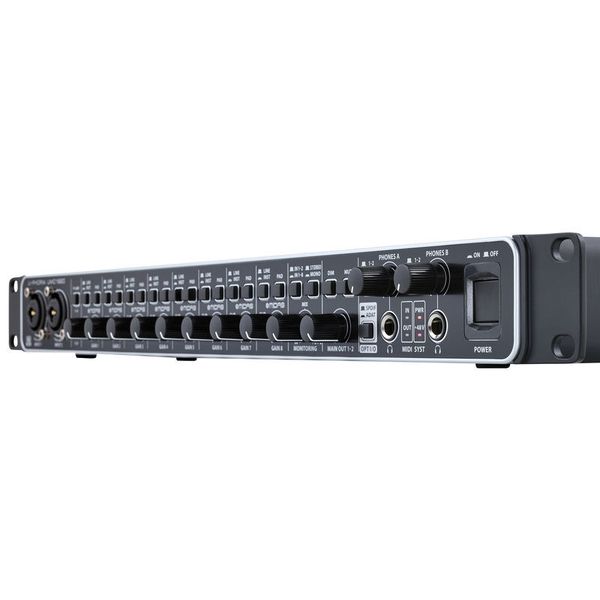
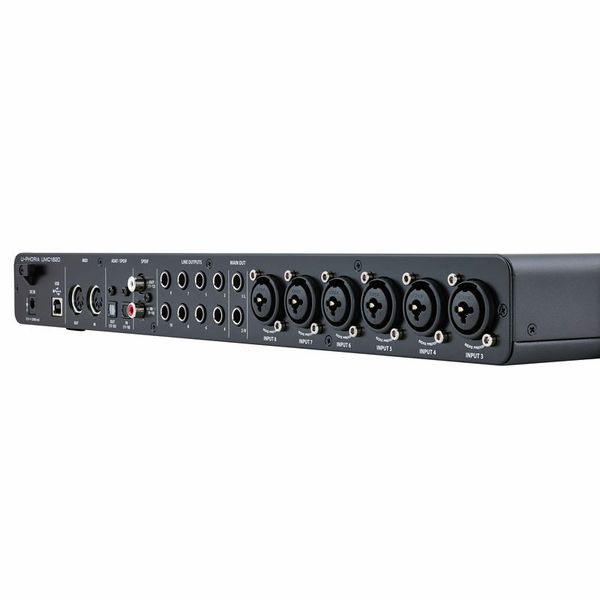
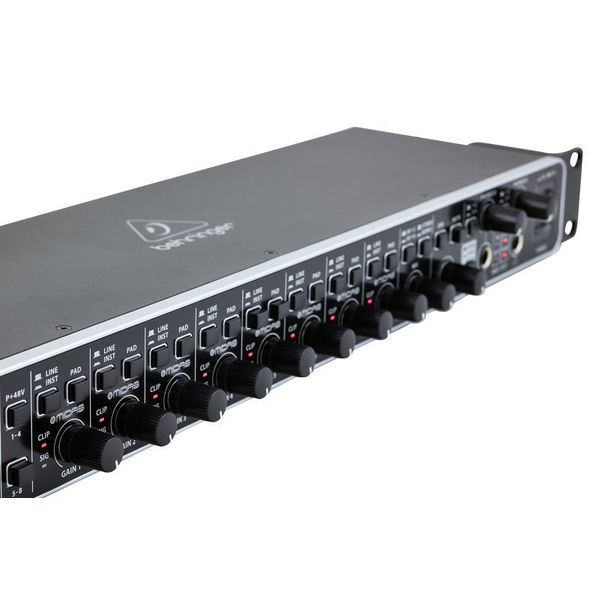
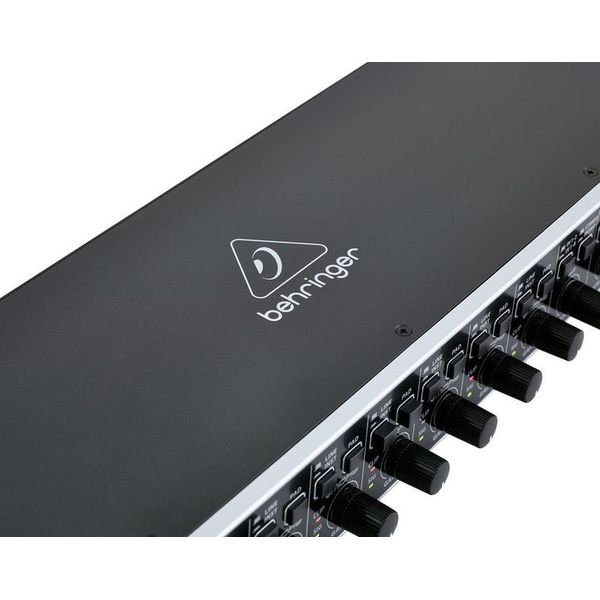
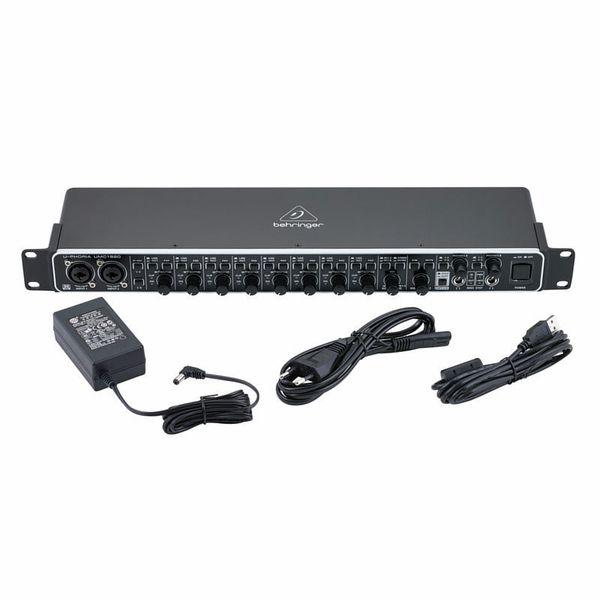















)
)
)
)